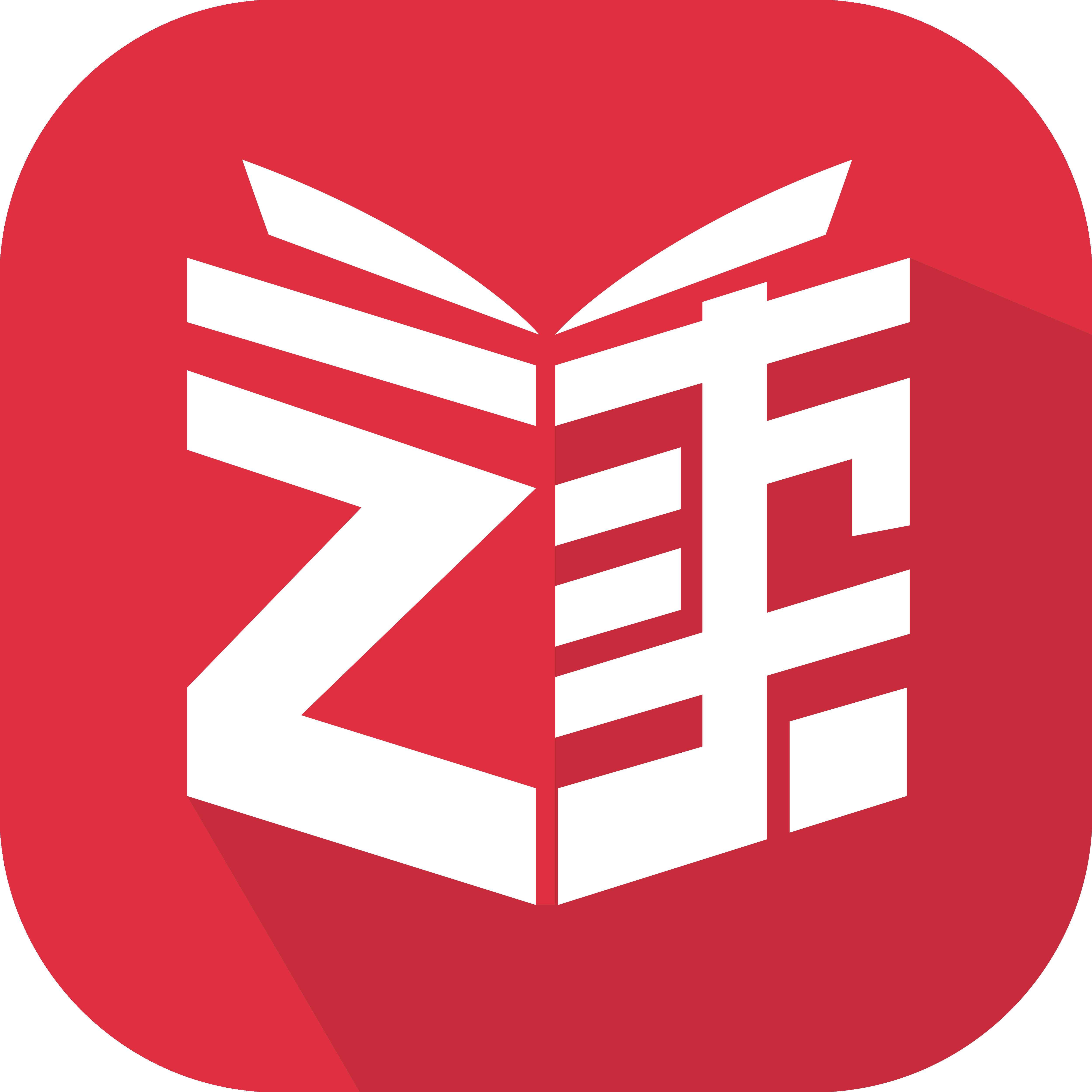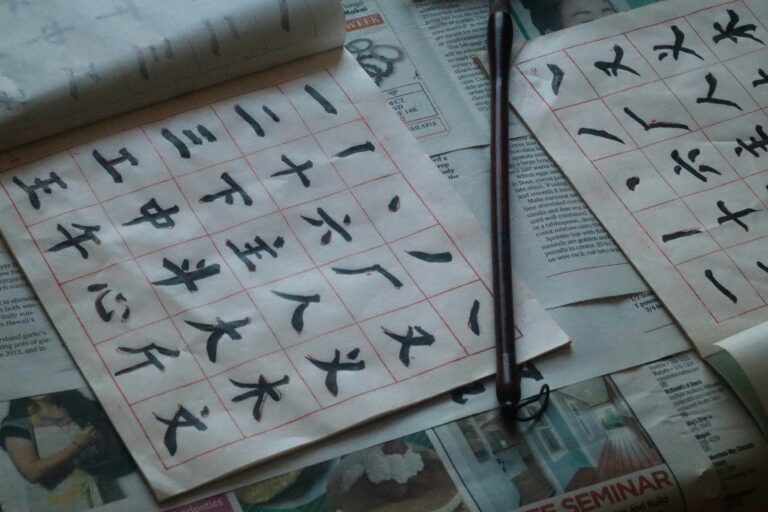Buzzword About Rich in Chinese
We often use “有钱 [yǒu qián]” to describe someone has a lot of money in Chinese. But are there any other words to describe this?
In this lesson, we will learn some popular internet buzzword used to describe the rich and the poor.
高富帅 [gāo fù shuài]
“高 [gāo]” means tall, “富 [fù]” means rich, and “帅 [shuài]” means handsome. So as you might guess, the word Gao Fu Shuai describes a man who is perfect not only when it comes to figure and looks, but also economic power. Sometimes these men are also called 男神 [nán shén] (Male God).
There is also a female equivalent of “Gao Fu Shai”, the “白富美 [bái fù měi]”. “白 [bái]” here means pale-skinned and nice to look at, “富 [fù]” means rich, and “美 [měi]” means beautiful with nice figure. Such women are also sometimes called 女神 [nǚ shén] (Goddess).
So what is the opposite of 高富帅 and 白富美? It’s the 矮穷挫 [ǎi qióng cuó]. It describes a man or woman who is short, poor, and unattractive. This word is most commonly used to mock oneself, and not to describe others. Another word with similar meaning is 屌丝 [diǎo sī] (loser).
You can use these terms like this:
土豪 [tǔ háo]
The original meaning of 土豪 [tǔ háo] is local tyrant, but nowadays it is a derogatory term for the newly rich, or someone who has a lot of money but doesn’t think twice when spending it.
When the iPhone 5s was just released, it was not only available in the normal white and black color variations, but also in gold. The iPhone is considered very expensive by many Chinese, especially right after release when prices are high. Nonetheless, the gold iPhone 5S was popular in China, and many said that anyone who buys a gold iPhone must surely be a 土豪 [tǔ háo]. This led to the gold iPhone 5s also being known as “土豪金 [tǔ háo jīn]” in China.
有钱就是任性 [yǒu qián jiù shì rèn xìng]
任性 [rèn xìng] means wilful, or self-willed, so the phrase 有钱就是任性 means “rich but self-indulged”. It’s a phrase used derogatorily, often towards oneself. A popular English translation of this phrase is “rich and bitch”.
Starting out with this phrase, the sentence pattern “~就是人性” quickly became popular in China. Here are some examples on how you can use it to mock yourself.
- 年轻就是任性 [nián qīng jiù shì rèn xìng] – young but self-indulgent
- 成绩好就是任性 [chéng jì hǎo jiù shì rèn xìng] – top student but self-indulgent
Now you have some new vocabulary to describe the rich with your Chinese friends. They will certainly think your Chinese is very good, so you can tell them : 会中文就是任性 [huì zhōng wén jiù shì rèn xìng].
This is the accompanying blog post for our upper intermediate lesson “Are you a Mr. Perfect“.







